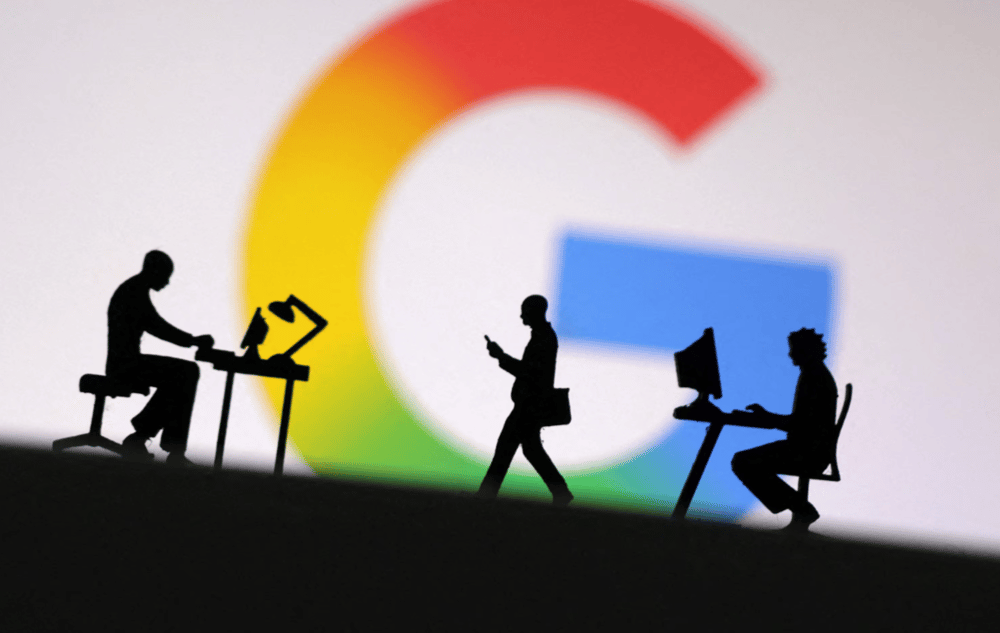Alphabet and Character.AI Face Lawsuit Over Florida Teen Suicide
Alphabet Inc. $GOOGL, the parent company of Google, along with the AI startup Character.AI, are required to respond to a lawsuit filed by a Florida woman. The plaintiff alleges that chatbots developed by Character.AI contributed to the suicide of her 14-year-old son. A U.S. district judge, Anne Conway, ruled on Wednesday that the companies could not invoke the First Amendment’s freedom of speech protections to dismiss the case at this early procedural stage.
Legal and Ethical Implications of the Character.AI Lawsuit
The lawsuit highlights a growing area of legal scrutiny regarding artificial intelligence technologies, particularly AI chatbots that interact with vulnerable populations such as minors. The plaintiff argues that the chatbot’s interactions may have influenced the tragic outcome, raising questions about the responsibility and liability of AI developers and operators.
Character.AI, which focuses on conversational AI models, operates chatbots capable of generating human-like responses. While such technology offers significant advancements in natural language processing and user engagement, it also presents risks. These include potential misuse, emotional harm, or unanticipated consequences stemming from the AI’s interactions.
Judge Anne Conway’s decision to allow the lawsuit to proceed reflects the complexities in balancing technological innovation, free speech rights, and accountability. The constitutional defense invoked by Alphabet and Character.AI hinges on whether AI-generated speech qualifies for protection, a question yet to be definitively answered by courts.

Quick Facts:
Lawsuit filed in Florida alleging Character.AI chatbots contributed to a 14-year-old’s suicide.
Alphabet and Character.AI must respond to the suit.
U.S. District Judge Anne Conway rejected early dismissal based on First Amendment claims.
The case tests boundaries of AI liability and free speech protections.
Raises ethical concerns over AI chatbots interacting with vulnerable users.
Continued Analysis: Market and Regulatory Reactions
The lawsuit against Alphabet and Character.AI has generated concern within the technology sector and regulatory circles. AI safety advocates argue for stricter guidelines and accountability mechanisms to prevent harm caused by AI systems. Conversely, tech companies emphasize the challenges in regulating AI without stifling innovation.
From a market perspective, Alphabet’s involvement in AI legal disputes underscores emerging risks associated with its expansive AI ventures. Investors and stakeholders are increasingly attentive to how regulatory and legal frameworks may impact the development and deployment of AI products.
This case could set a precedent for future litigation involving AI technologies, influencing both corporate governance and legislative efforts worldwide. Policymakers are closely monitoring such lawsuits to inform regulations that balance innovation with consumer protection.

Key Points:
The lawsuit marks a rare instance of direct legal action linking AI chatbots to personal harm.
First Amendment defense by Alphabet and Character.AI was denied early dismissal, allowing the case to proceed.
The case raises fundamental questions about AI-generated speech and legal accountability.
Regulatory scrutiny on AI ethics and safety is intensifying globally.
Potential implications for AI development, corporate liability, and consumer trust are significant.
Significance of the Lawsuit in AI and Legal Landscape
The Florida lawsuit against Alphabet and Character.AI epitomizes the growing legal and ethical challenges posed by artificial intelligence technologies. As AI chatbots become increasingly integrated into daily life, questions about developer responsibility, user safety, and free speech protections become more urgent. Judge Anne Conway’s ruling to allow the case to move forward signals that courts may demand clearer standards and accountability from AI creators. This landmark case could redefine legal interpretations surrounding AI liability, influencing regulatory approaches and shaping the future of AI governance on a global scale.















Comments
Innovative investment approaches like these are setting the stage for a future where automation drives unprecedented growth
Embracing forward-thinking updates in funding not only fuels capital expansion but also redefining the future of technological innovation